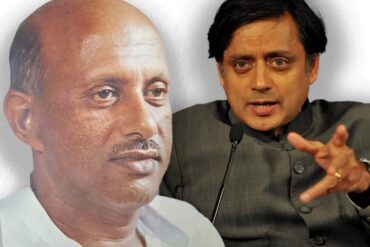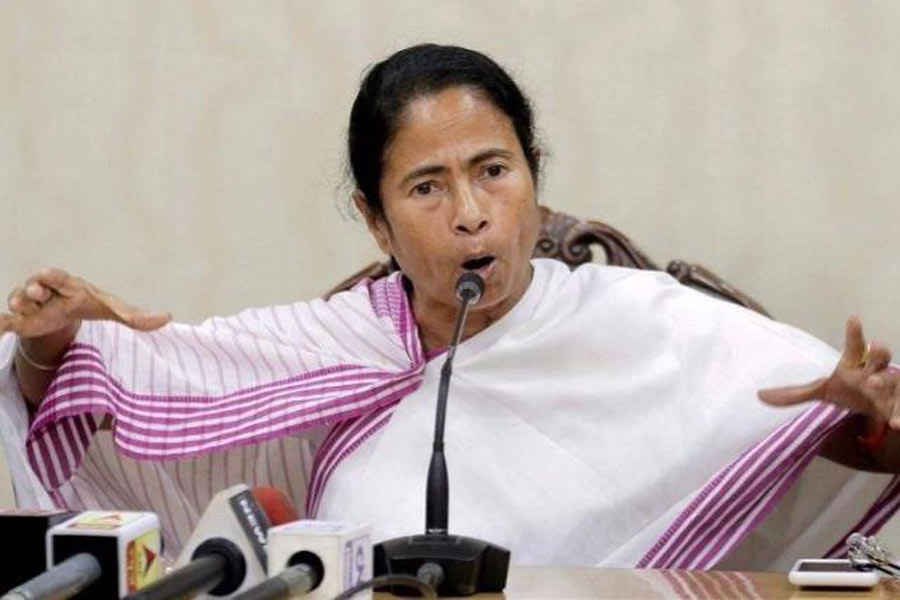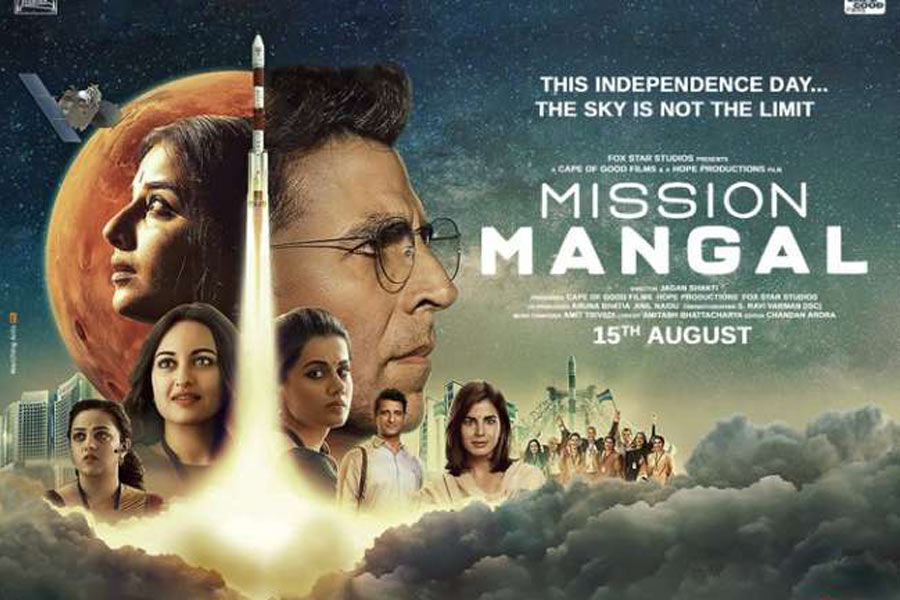West Bengal Chief Minister Mamata Banerjee, also the Trinamool Congress supremo, has hit the streets again in her usual style of aggressive politics—which she often practiced during her stint as opposition leader of the state against the Left Front government. This time her fiery attack is directed towards the BJP. The reasons are—the Citizenship Amendment Act, 2019, which grants citizenship to the non-Muslim refugees who came to India on or before December 31, 2014, and the nationwide NRC.
There have been violent protests across the state of West Bengal. Strikingly, these protests, unlike the ones of Assam or other parts of the northeast, started much later—almost after four and two days of passing of the Citizenship Amendment Bill in the Lok Sabha and the Rajya Sabha respectively. No doubt, these developments raise eyebrows. The protests weren’t peaceful with agitators vandalising or setting fire to railway stations and trains or even pelting stones to the passing trains, But for Mamata Banerjee, these are “small incidents”.
Actually, the Citizenship Amedment Act and the following violent protests that followed in the state which are mostly organised by the Muslim groups, have landed the ruling Trinamool in a fix. The state ruling party’s fear is that these protests would only strengthen the hands of BJP—the worry as expressed by state minister and Kolkata mayor Firhad Hakim, the party’s key Muslim face. The party can’t afford to take strong actions against the protestors—as it fears that it may offend the core vote bank of the party, the Muslims, who account for 27 per cent of the state population according to the 2011 census. On the other hand, the party also runs the danger of losing the support of the majority Hindus. The saffron party’s massive gains this year in the Lok Sabha elections at the expense of Trinamool was due to the shift of a substantial Hindu vote towards the BJP.
This explains the reason behind Mamata herself taking the lead in the protests against both CAA and NRC. To get the Bengali Hindus on her side, she is citing that since there would be no NRC in the state as long as she is the chief minister, no Bangladeshi Hindu immigrants should be scared.
Dalit Matuas, who came to India from Bangladesh after 1971, are very crucial in state politics. The Matuas, who have influence over 70-75 assembly seats, also have a major role in Mamata Banerjee’s political success since 2009 Lok Sabha elections. However, this time a large chunk of Matuas shifted towards BJP and played a critical role in the saffron party’s victory of 10 out of 18 Lok Sabha seats it won. However, Mamata is trying to win them by focussing on Assam’s NRC, which left a substantial portion of Hindus stateless.
On the other hand, by strictly opposing both CAA and NRC as “religiously divisive” and “anti-Muslim” by leading the protests herself, she is only consolidating her Muslim vote bank, which is now targeted by a new player in the state—Assauddin Owaisi’s MIM. Although, there is an Owaisi danger with MIM trying to build the base for the 2021 assembly polls, but there is no doubt that the majority of the Muslims still support Trinamool, which is also convinced that it would also gain the lost Bengali Hindu votes by playing the Bengali identity card.
However, there are flaws in Trinamool’s analysis. It seems that they are convinced by the recent victory in the by-elections—where the party won the two seats, Kharagpur and Kaliaganj, for the first time. Significantly, BJP had a lead in the Lok Sabha elections in these two seats. Not only that, Kharagpur was the seat of state BJP president Dilip Ghosh, which he vacated following his victory from the Medinipur seat in the Lok Sabha poll.
No doubt, NRC had a role in TMC’s victory but now as the Citizenship Amendment Bill has become a reality as an act, Matuas, who don’t have citizenship despite being voters, will turn towards the BJP. Nevertheless, Trinamool believes that Mamata’s vigorous anti-NRC stance will work with the Matuas—who have been elected MLAs and MPs on the party’s tickets.
Another reason for Mamata’s worry should be the continued erosion of the Left, whose vote base has transferred towards the BJP. The Left parties allied with the Congress for the by-polls but the alliance proved disastrous for the second time. The Left and Congress, despite coming together, are not able to pull the required votes together. This only points to significant tectonic change in Bengal politics, which is now heavily polarised on religious lines between the BJP and the Trinamool. More the loss of Left and Congress, more the BJP comes out as the beneficiary—as this lessens the probability of division of anti-Trinamool vote.
One point where the ruling Trinamool has the edge is its face—Mamata Banerjee. Conversely, this is one of the major reasons for the continuous failure of CPI (M), which ruled for 34 years, to regain its lost base—although the Marxists, as usual, never accept this bitter fact. The main opposition BJP also lacks a credible face. Neither its state president Dilip Ghosh nor Mukul Roy, once regarded the right hand of Mamata, is a mass leader.
However, Mamata also has her own weaknesses. Her polarising statements, just like her recent very controversial one where she preferred a UN referendum on CAA and NRC, only negates her image in front of the majority. The rest of the damage is done by her own party local leaders who don’t allow the opposition to work democratically and also harass the common people through ‘cut-money’, which even Mamata has denounced. Also, the popularity of prime minister of Narendra Modi is only rising, thanks to Mamata’s constant attacks.
By strictly opposing the CAA, if Mamata consolidates her Muslim support, she risks losing the support of the Matuas at the same time. This will also strengthen BJP’s charge of appeasement politics against her and may help in consolidating the Hindus against Trianmool.
Also, Mamata Banerjee shouldn’t forget that the politics of Bengali identity hasn’t been quite successful in the state. Even the Amra Bangali Party, which was formed to protect the interests of Bengalis, would have tasted political success. Instead, this Bengali party even failed to create a political space in a Bengali majority state.







